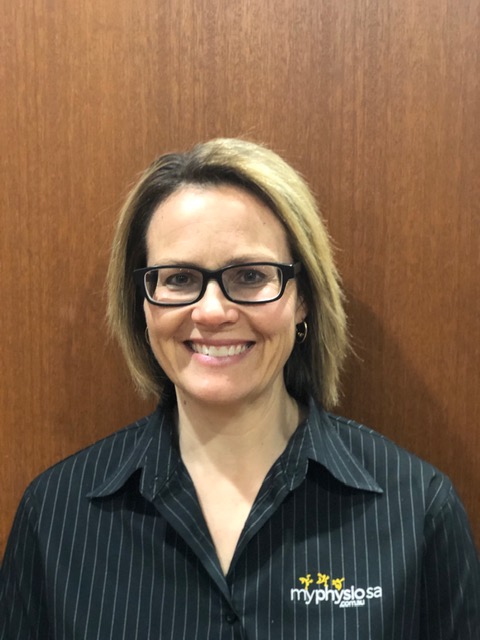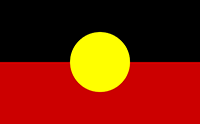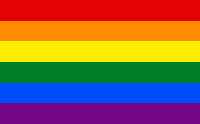
Women’s Health Physiotherapy is so much more than just the pelvic floor……..
One of the most common questions we ask each other when meeting someone new is “What do you do?” When I respond that I am a physio there is only a brief pause before the person launches into telling me about their sore neck and shoulders! You can imagine their confused look when I explain that I specialise in Women’s Health and therefore specifically in “bellies, boobs, backs and bottoms”, (a phrase coined by one of my physio colleagues)! From there the conversation usually continues about the state of their pelvic floor and how they really should be doing their exercises….
So where does a physio fit into your postnatal care? Stop for a moment and consider all of the physical changes your body went through over a nine month period to produce your beautiful baby.
- loosening of your pelvic joints
- weakening of your pelvic floor muscles
- squashing of your bladder and bowel
- lengthening and separation of your abdominal muscles
- heaviness of your breasts pulling on your neck and shoulders
- compression of your ribs
- postural changes due to your growing abdomen
Just to name a few! If this all happened with pregnancy then it is reasonable to expect a period of recovery and rehabilitation afterwards. During this time is when a physio, who specialises in Women’s Health, is one of the key health professionals to support, guide and advise you as you recover and adjust to motherhood and all the joys and challenges it brings.
But what if you are struggling with specific issues after having your baby. Let’s consider a few of the common ones where a physio who specialises in Women’s Health can help you:
- Painful pelvis, back and neck- with feeding, standing, settling your baby, moving around the house, sleeping or just about any time.
- Pelvic floor muscles- these muscles are so under-rated as they literally hold everything up inside you AND help with controlling your poo, wee and wind. Pelvic floor exercises are not always the answer though and in some cases doing exercises will make your problem worse. We also know there are many women who are doing these exercises completely wrong…but have spent years thinking they are doing them right!
- A misbehaving bladder- it could be that you can’t feel it properly, can’t empty it completely, are rushing to the toilet every few minutes, leaking when you stand up or when you sneeze.
- Upset bowels- they can be too hard, too soft, painful, bleeding, you may not be able to feel them at all or are experiencing some soiling.
- Tummy muscles- a separation in the muscles, poor breathing patterns and wondering when is the right time to return to exercise safely and which type of exercise should you do?
- Breast engorgement, blocked milk ducts and mastitis- therapeutic ultrasound to facilitate milk flow, advice for heat/cold, posture, lymphatic massage, tubigrip support and taping.
- Heaviness, dragging and aching down below, especially at the end of the day.
- Sexual pain- this can be occurring for many reasons. It may be a long-term problem or have only occurred since your baby’s birth. Help with this sensitive issue with advice, techniques and self-management will help you get things back on track.
The effects of pregnancy can last your entire lifetime and I see women years after finishing their family who have, without complaint, put up with issues that could have been helped postnatally. As a Physiotherapist I work with your other health professionals to look at the bigger picture and consider you, your baby and your family life in helping you to get back to feeling like you again.
By Tracy Magor-Weyland
- Physio APAM
Tracy consults at MyPhysiosa for her, Summit Health Centre, Mt. Barker.
You can locate other physiotherapists who specialise in Women’s Health on the Australian Physiotherapy Association Website.







